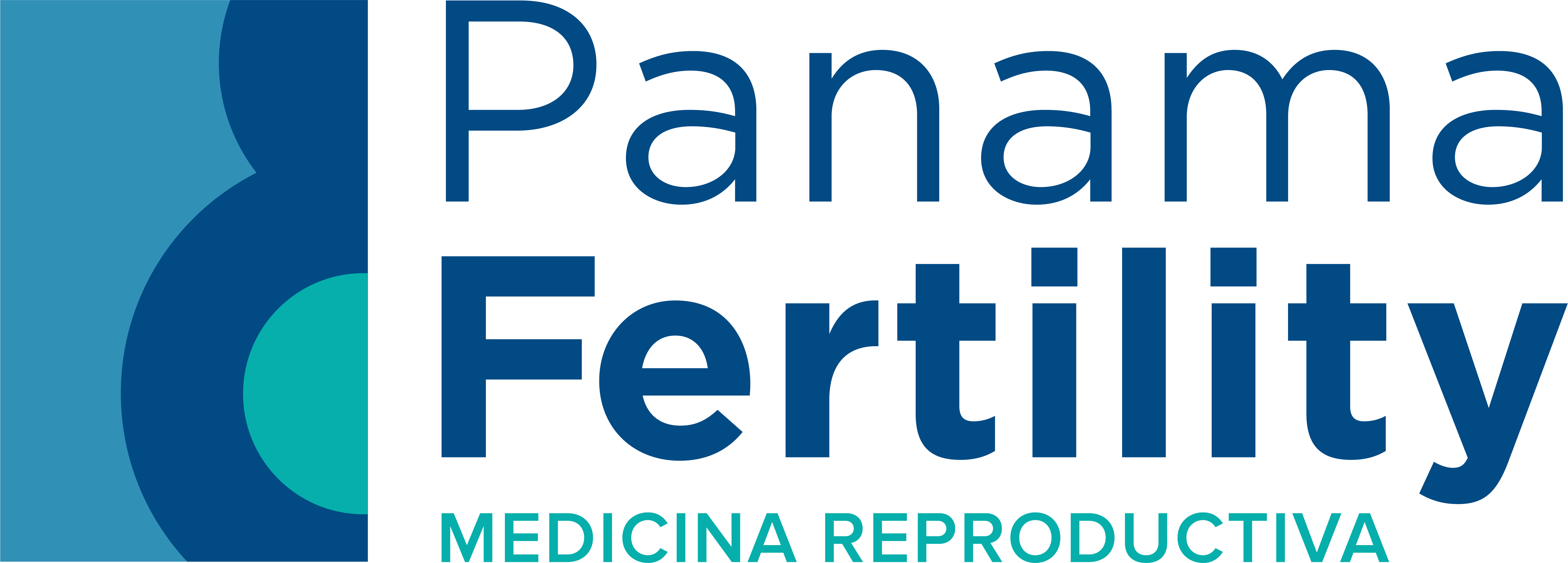COVID-19 VACCINE does not affect fertility
Many rumors have been circulating on social media in recent months that claim the COVID-19 vaccine affects fertility. This is totally fake news and patients are encouraged to get their vaccine before embarking on fertility treatment or attempting pregnancy. These rumors are having a serious impact on the number of women in the US who are taking up the offer of a vaccine. At present all vaccines have not been through clinical trials on pregnant women. Therefore, not getting vaccinated prior to falling pregnant puts the mother and baby at risk of catching Covid-19. The main concern when getting Covid-19 during pregnancy is the strain on the body’s organs and how a high temperature could harm both mother and baby.
According to the Washington Post, vaccine uptake from female staff in hospitals and nursing homes in the USA is as low as 20%-50%. Also, a recent study of women in the Middle East linked social media as the main reason women were not getting vaccinated. The director of the World Health Organisation Department of immunization said: ‘The vaccines we give cannot cause infertility and there’s no truth to the rumor.’
Similarly, the American Society for Reproductive Medicine, noted that 27% of the US public remains hesitant to have their vaccine. In their January guidance, they stated the Pfizer-BioNTech vaccine does not induce an immune reaction against the syncytin-1 placental protein. They also categorically stated that the COVID-19 vaccines do not cause infertility in women or men.
The latest joint statement from the European Society of Human Reproduction and Embryology and the International Federation of Fertility Societies recognized that all countries have groups of patients reluctant to utilize vaccines. Patients are concerned over the speed with which vaccines have been developed. The joint statement stated, “‘Their concerns should be acknowledged, but the available evidence suggests that the potential benefits of vaccination strongly exceed the hypothetical risks. This and other guidance all now emphasize the importance of professionals to support the vaccine programmes, address public concerns point by point and build trust in the vaccines in pregnancy.
If you are concerned about getting your vaccine, then please discuss these concerns with your Fertility Specialist.
According to the Washington Post, vaccine uptake from female staff in hospitals and nursing homes in the USA is as low as 20%-50%. Also, a recent study of women in the Middle East linked social media as the main reason women were not getting vaccinated. The director of the World Health Organisation Department of immunization said: ‘The vaccines we give cannot cause infertility and there’s no truth to the rumor.’
Similarly, the American Society for Reproductive Medicine, noted that 27% of the US public remains hesitant to have their vaccine. In their January guidance, they stated the Pfizer-BioNTech vaccine does not induce an immune reaction against the syncytin-1 placental protein. They also categorically stated that the COVID-19 vaccines do not cause infertility in women or men.
The latest joint statement from the European Society of Human Reproduction and Embryology and the International Federation of Fertility Societies recognized that all countries have groups of patients reluctant to utilize vaccines. Patients are concerned over the speed with which vaccines have been developed. The joint statement stated, “‘Their concerns should be acknowledged, but the available evidence suggests that the potential benefits of vaccination strongly exceed the hypothetical risks. This and other guidance all now emphasize the importance of professionals to support the vaccine programmes, address public concerns point by point and build trust in the vaccines in pregnancy.
If you are concerned about getting your vaccine, then please discuss these concerns with your Fertility Specialist.





